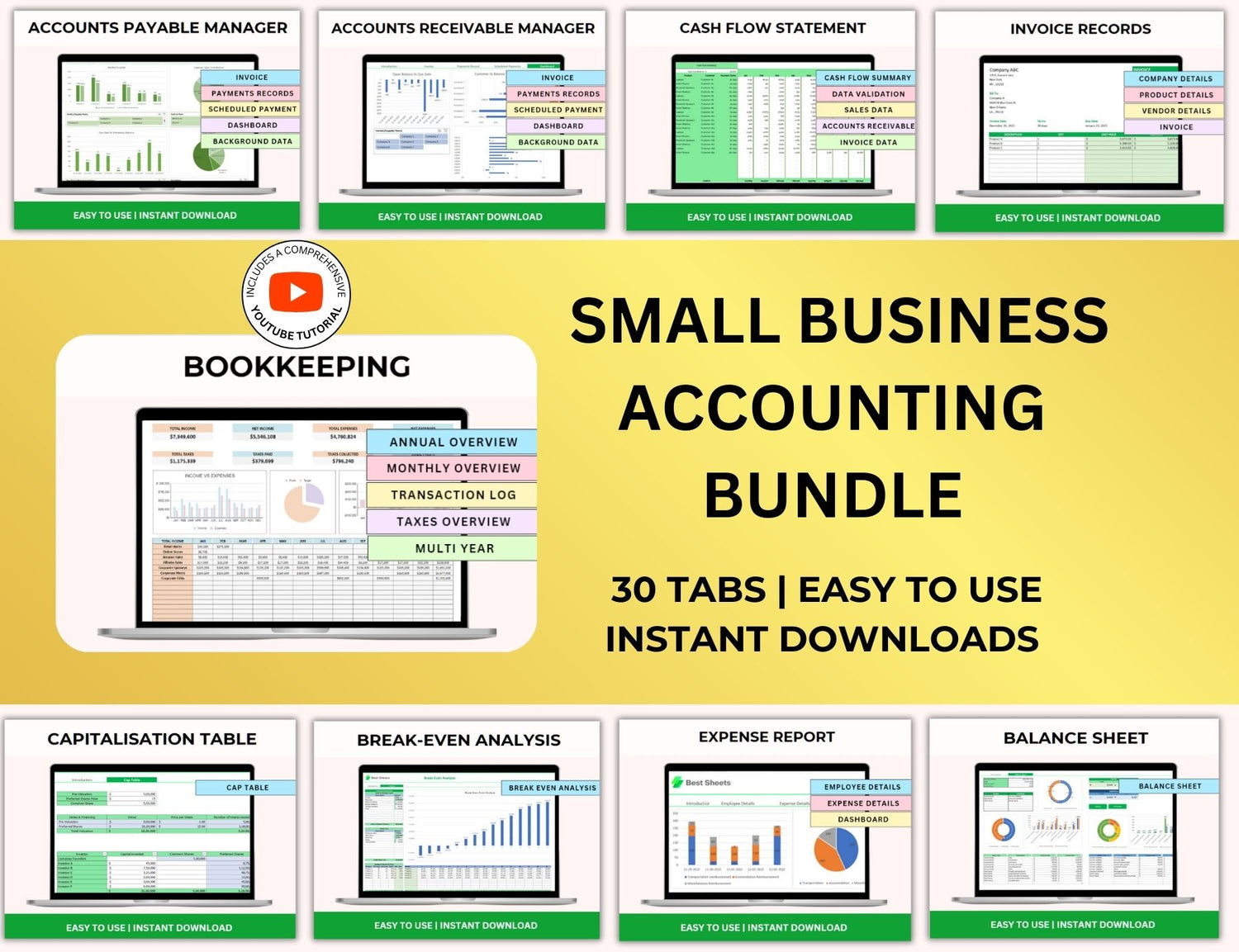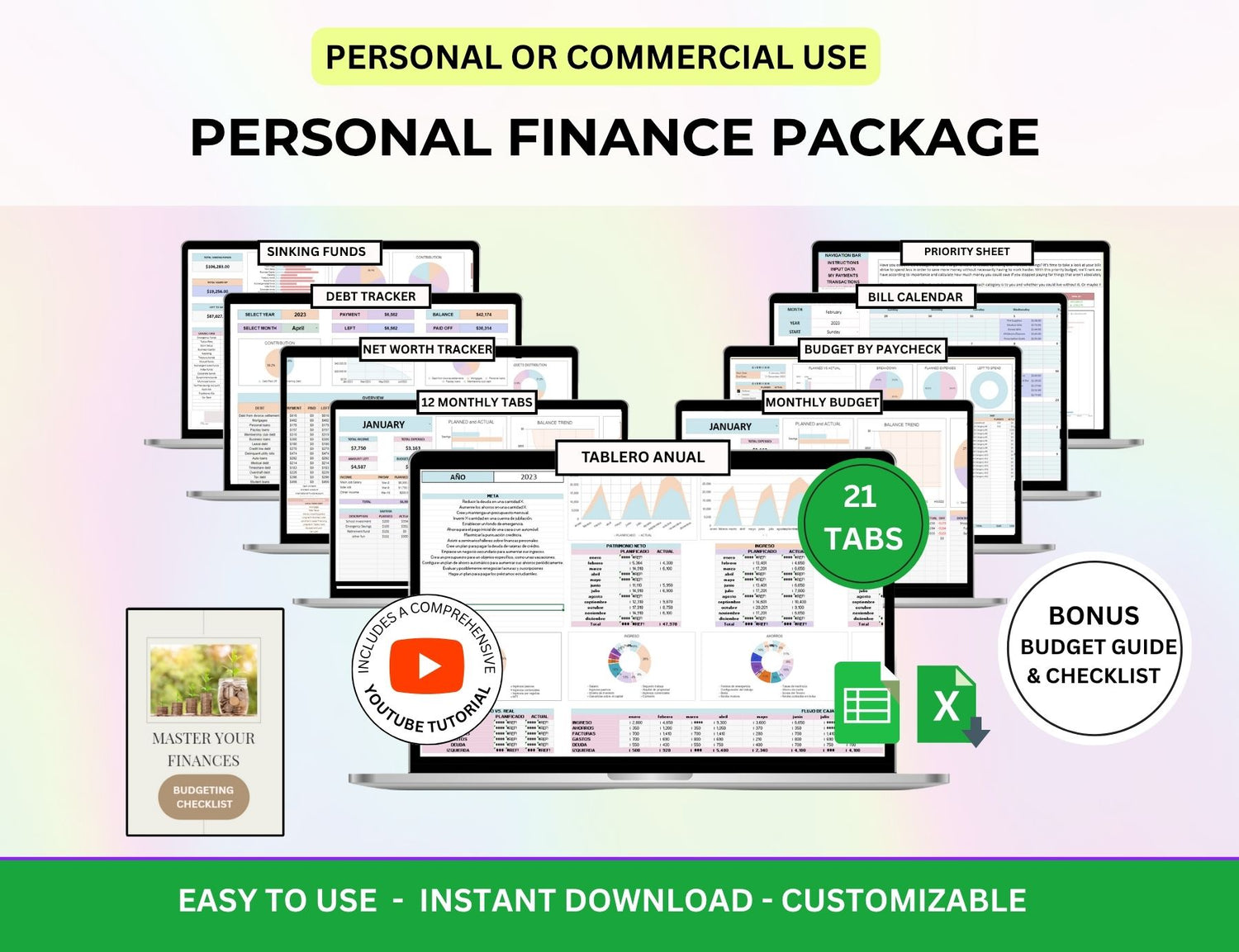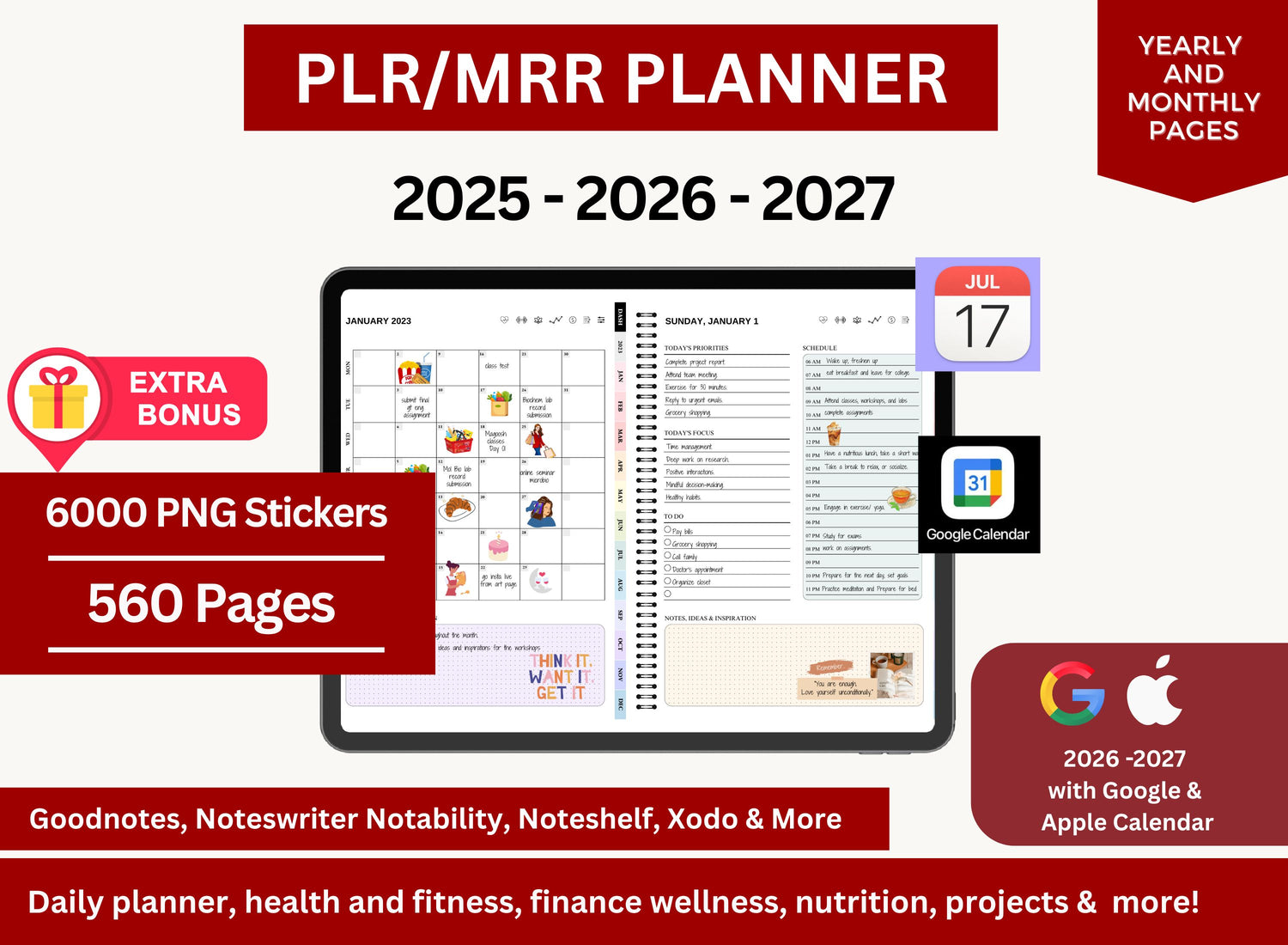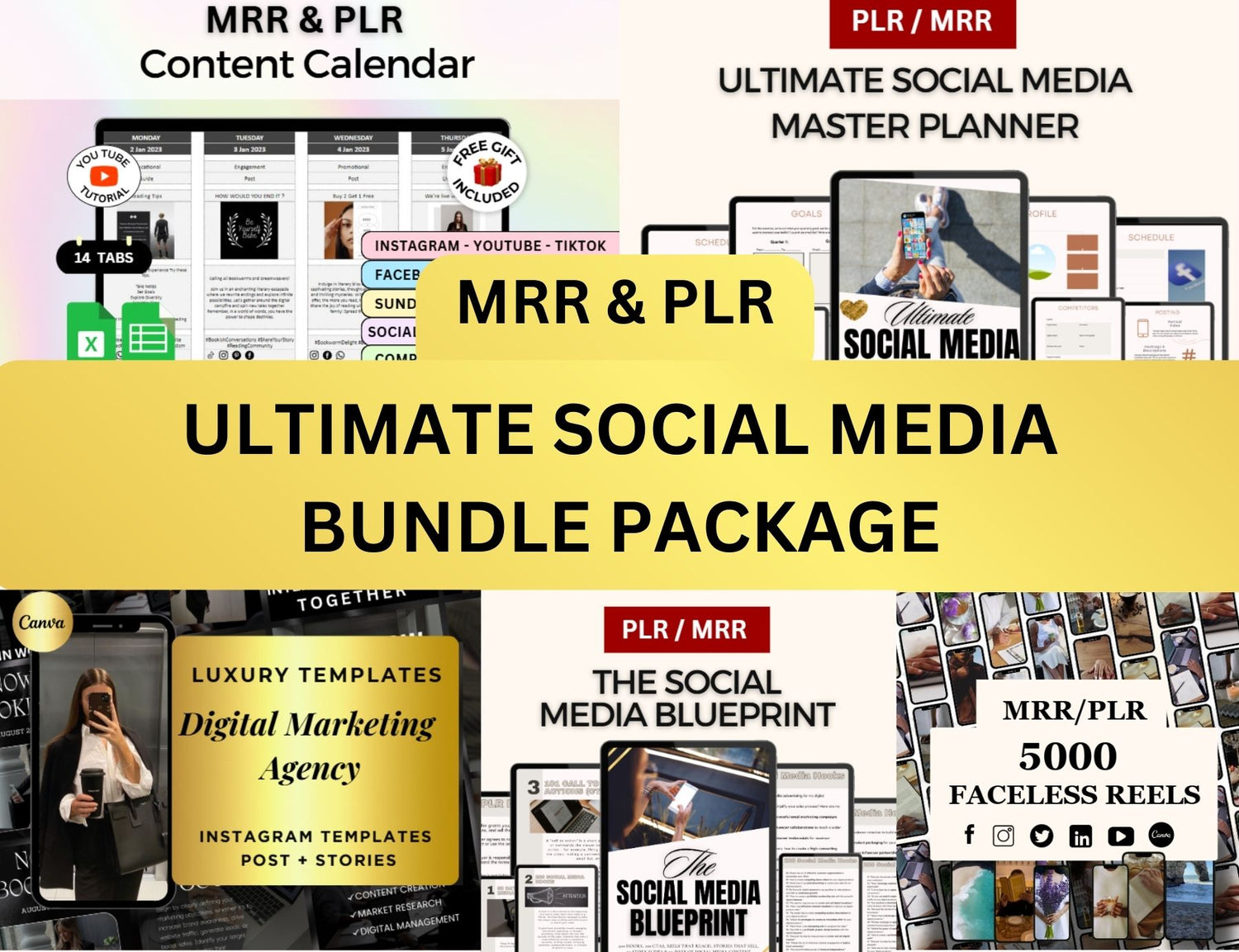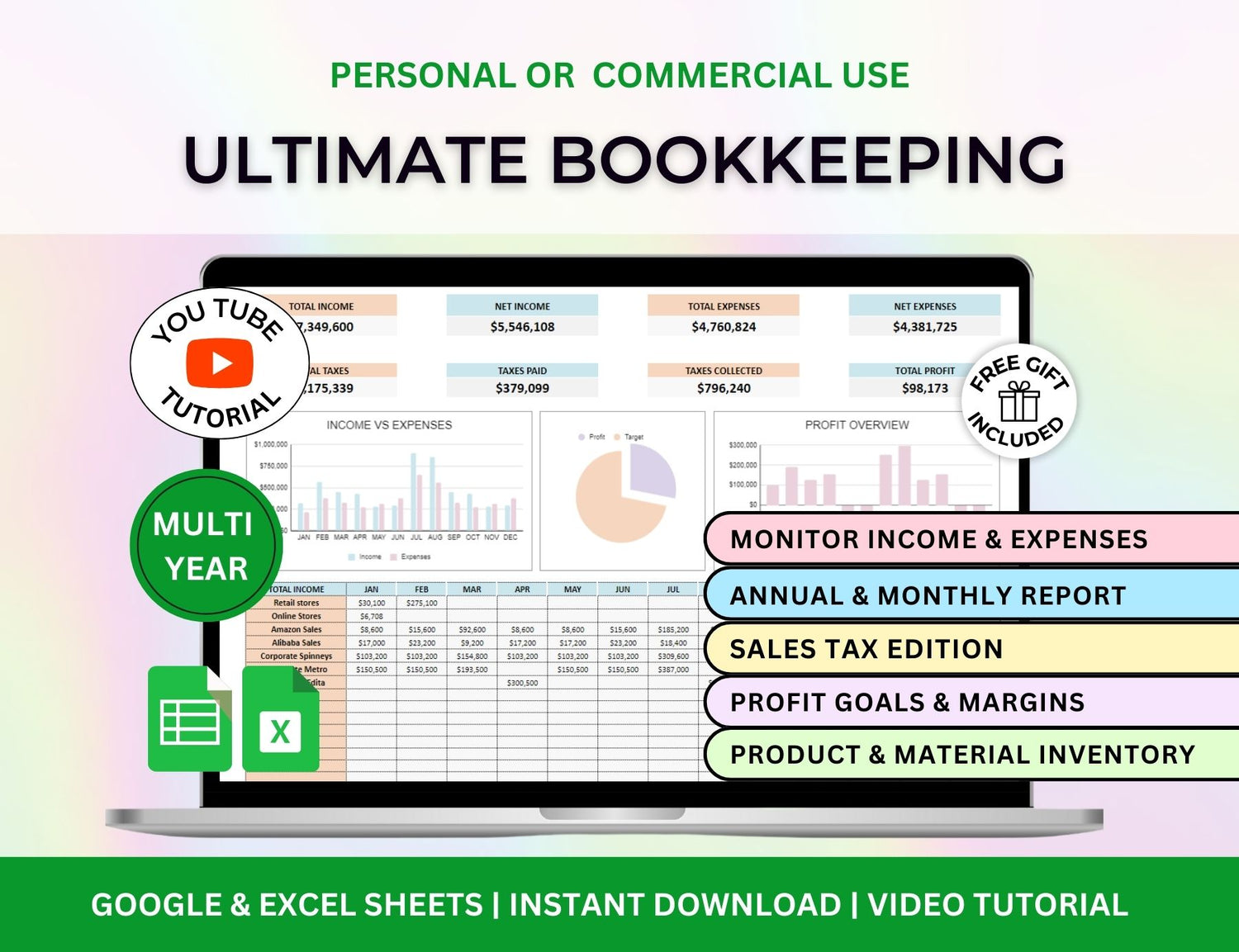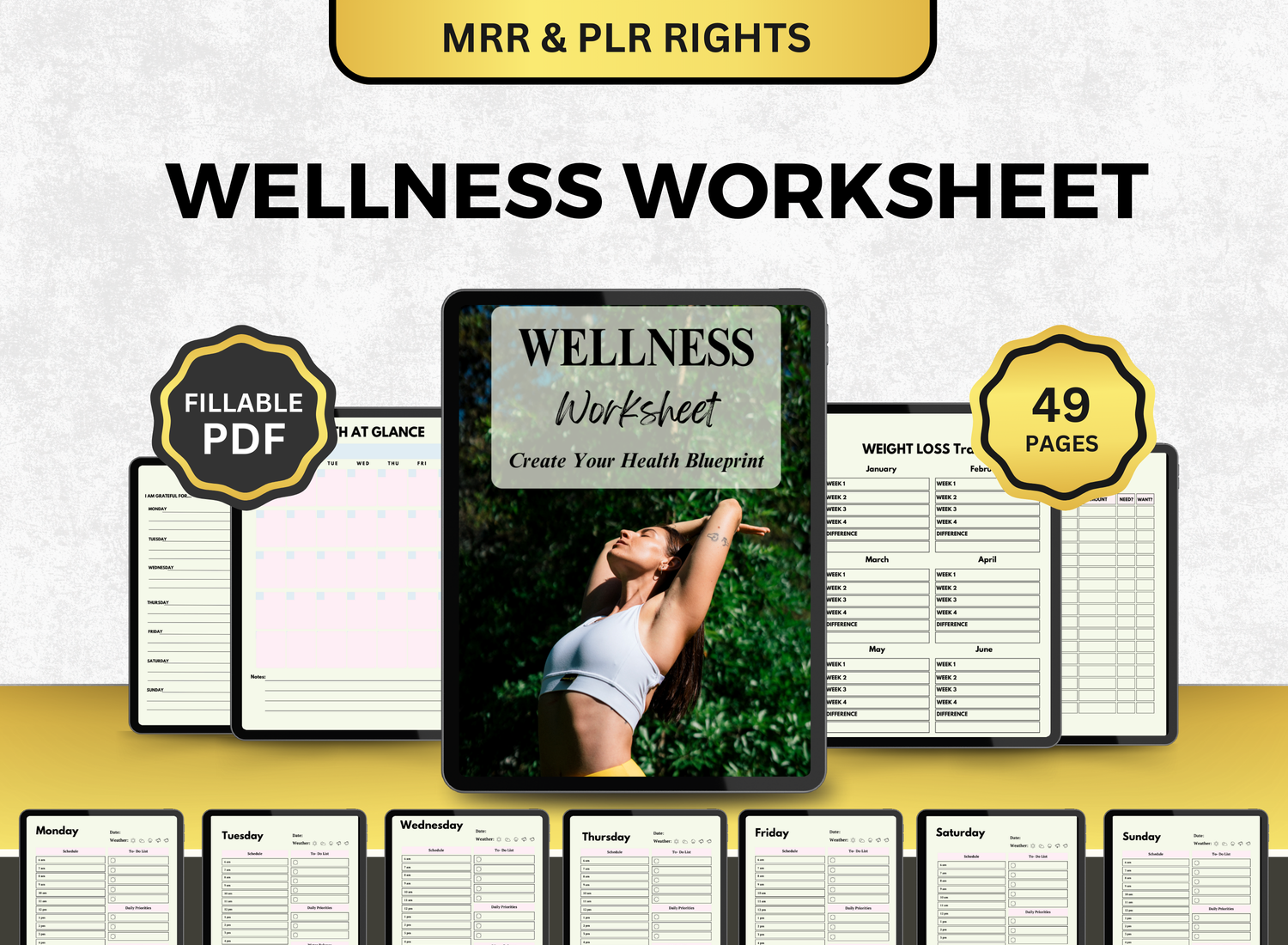How a Simple Student Planner Helped Me Stop Forgetting Literally Everything
I used to think I was the type of person who could remember everything. Maybe not birthdays or obscure trivia, but the important stuff: assignments, appointments, deadlines. I genuinely believed I had it under control. And for a while, maybe I did. Or at least, I convinced myself I did.
But somewhere between juggling classes, work shifts, and an oddly growing to-do list that seemed to regenerate overnight, I started forgetting things. Not just little things either. I once showed up to a presentation completely empty-handed because I thought it was scheduled the following week. Spoiler: it wasn’t.
That was the breaking point. Not the most dramatic one, admittedly, but it was enough to make me pause. I needed a system. Or something that felt like a system, at least.
Why I Thought Planners Were Kind of Useless
To be completely honest, I had always thought planners were a bit, well, performative. Like, sure, people bought them and posted aesthetic desk shots with color-coded tabs, but did anyone actually use them past the first week of class?
And the ones I’d tried in the past? They just sat in my backpack, their pages looking back at me, blank and slightly judgmental.
But I guess desperation changes things. I gave it another shot.
The One That Actually Worked
I found this student planner online. The idea of a reusable, printable planner that I could adjust based on my own rhythm—not some preset academic calendar—felt oddly liberating. It wasn’t flashy, and that was the point. Just enough structure to guide me without boxing me in.
The first week, I filled out everything. Every class, every assignment, every tiny reminder (including “remember to eat lunch” because yes, that was becoming a problem). Did I go overboard? Probably. But weirdly, it helped.
A Few Surprising Things That Happened
1. My Stress Level Dropped—Noticeably
This was almost immediate. Just getting things out of my head and onto paper gave me a sense of clarity. I didn’t realize how much mental energy I was spending just trying to not forget things. There’s actually science behind this. According to Penstripe, a UK-based education supplier, student planners reduce anxiety by promoting structure and giving students a clear overview of their responsibilities (Penstripe, 2023).
2. I Stopped Procrastinating (As Much)
I wouldn’t say I became a productivity machine, but having my day laid out helped me face tasks earlier instead of pushing them until the last possible minute. There’s something about seeing "Research paper draft due Thursday" staring at you on Tuesday that makes procrastinating a little harder to justify.
3. I Actually Started Setting Goals
Not huge ones. Just little things, like "finish reading by 9 PM" or "start outlining paper today." But writing them down and seeing them in one place made it easier to stay accountable. And checking them off—maybe it's silly, but it felt good. Like, better than it should have.
4. I Got Better at Organizing More Than Just School Stuff
Eventually, I wasn’t just writing down homework. I started logging in reminders about errands, self-care, social events. It slowly morphed into a hybrid of academic and personal planning. And somehow, that helped keep my week feeling more cohesive. Less chaotic.
5. I Became (Slightly) More Responsible
Okay, this one feels weird to say out loud, but I noticed a shift. If something was written down, I took it more seriously. It was like my planner became this mini-contract with myself. A gentle push to follow through.
There’s research to support this too. Studies on time management in student populations consistently show that structured planning improves academic performance, reduces missed deadlines, and enhances overall personal responsibility (ResearchGate, 2023).
But It Wasn’t Perfect
I won’t lie—there were weeks I barely touched the planner. Midterms, for example, made everything feel too hectic to write anything down, which is ironic because that’s probably when I needed it the most.
And sometimes, I over-planned. Like, wrote down every half-hour of the day and then ignored the whole schedule because it felt too rigid. It took a while to find that balance. Too much structure felt stifling. Too little, and I was back to forgetting lunch again.
Why This Might Work for You (Even If You Think It Won’t)
If you’re someone who’s already naturally organized, maybe you don’t need this. Or maybe you do, just in a different way.
What surprised me wasn’t just that the planner helped—it was how much calmer I felt knowing I had a place to catch all the mental clutter. Like a landing pad for thoughts that otherwise would’ve floated off into the ether.
And that’s something anyone can benefit from. Whether you’re balancing coursework, a part-time job, extracurriculars, or just the regular emotional weight of being a human in school.
There’s a reason why tools like digital student-catered planners are gaining popularity—not just because they’re customizable, but because they let you build a system that feels like it’s yours. Not a one-size-fits-all solution, but a flexible framework.
The Hidden Benefit: Building Habits
After a few months, something changed. I wasn’t relying on reminders quite as much. I still used the planner, but I was also starting to anticipate my schedule better. Deadlines didn’t sneak up on me like they used to.
There’s something powerful about repetition. About writing things down and then doing them, again and again. It’s subtle. You don’t always notice it happening. But looking back, I realize I had built actual habits—around time management, organization, even self-discipline. Not perfectly. But enough.
What Students Say
I asked a few classmates—quietly, not trying to spark a planner revolution or anything—if they used planners. Turns out, more people than I thought did. One friend mentioned she used hers like a journal, writing short reflections on stressful days. Another treated it more like a checklist, never writing full sentences, just action words. Everyone had their own spin.
That’s maybe the beauty of it. There’s no one “right” way to use a planner. It’s not supposed to fix your life in a week. But it does offer a starting point.
Final Thoughts (Sort Of)
If you’ve read this far, you might be someone who's feeling a little overwhelmed. Maybe not all the time, but enough to consider some sort of change. Maybe you've tried planners before. Maybe you've never touched one. Either way, I’d suggest giving it another look.
Not because it’s trendy or because it’ll magically make you a straight-A student. But because—at least in my case—it made life a little less scattered. A bit more manageable.
And on the days I don’t use it? I notice. The small things start slipping again. Appointments, due dates, even just that feeling of being on top of things. It fades. So I always come back to it.
Planning, I’ve learned, isn’t about being perfect. It’s about trying. About creating space for your future self to succeed, even if it’s just by remembering to bring lunch.




